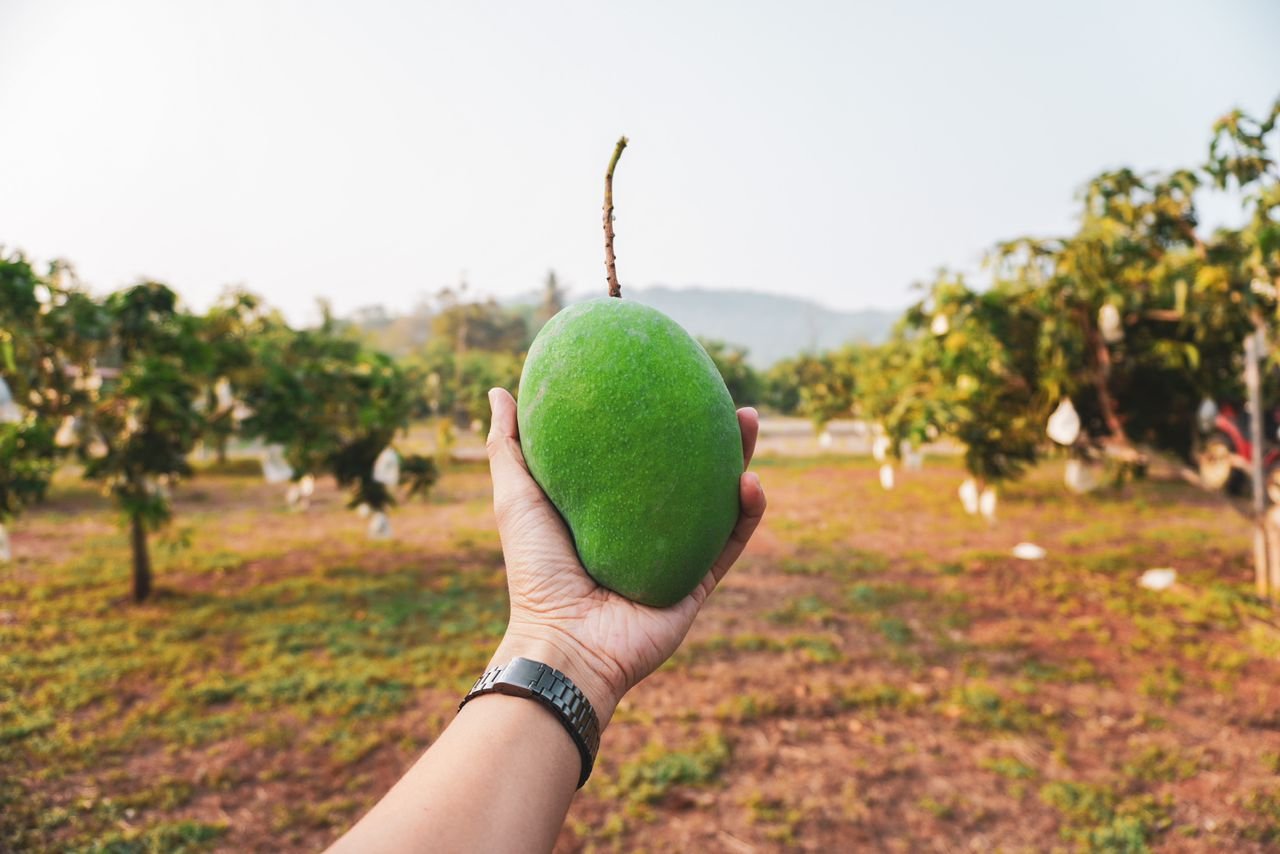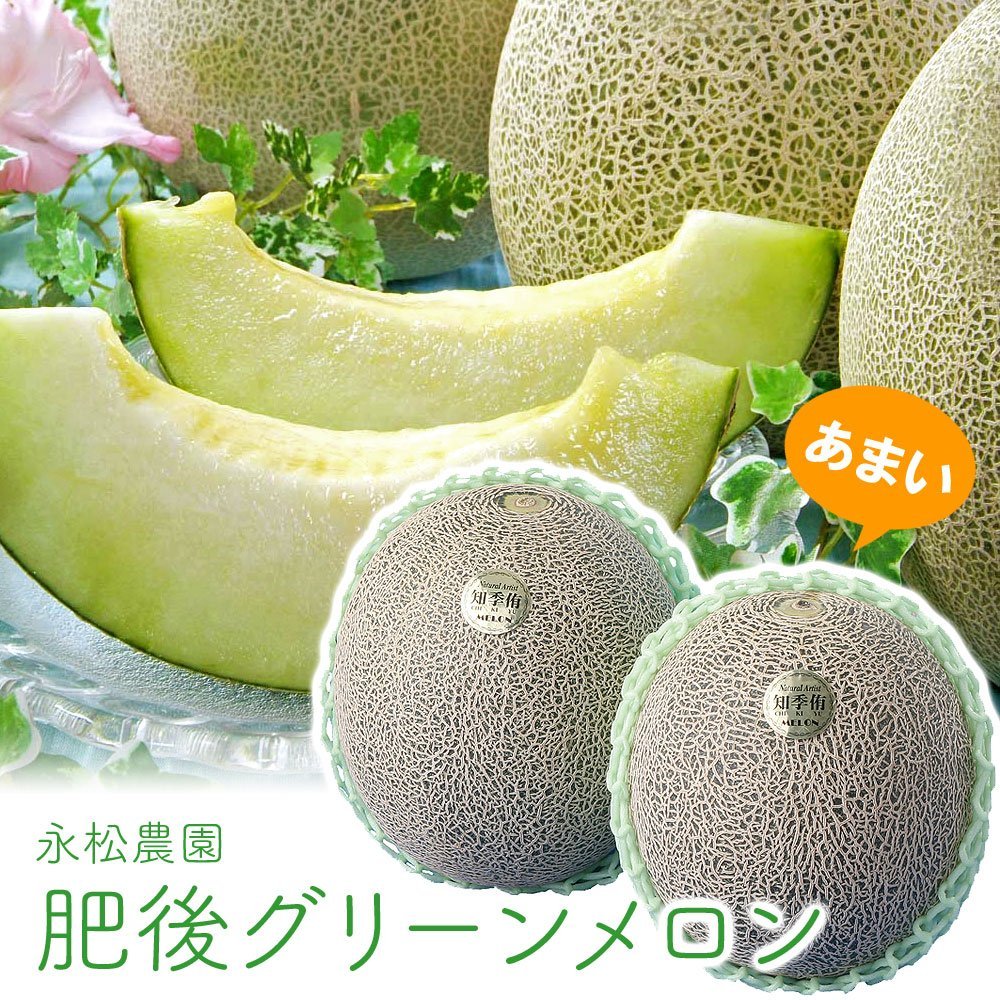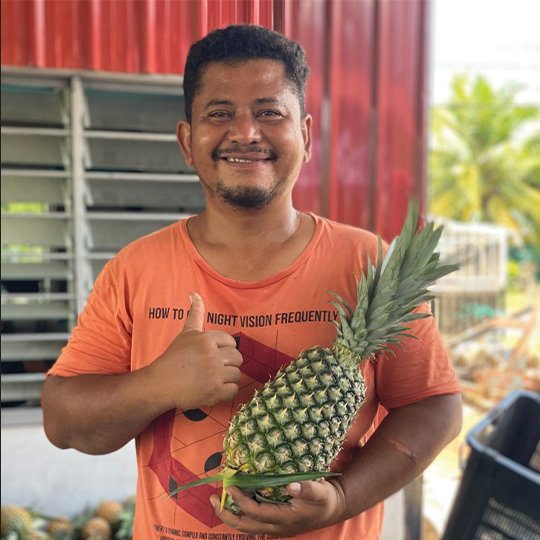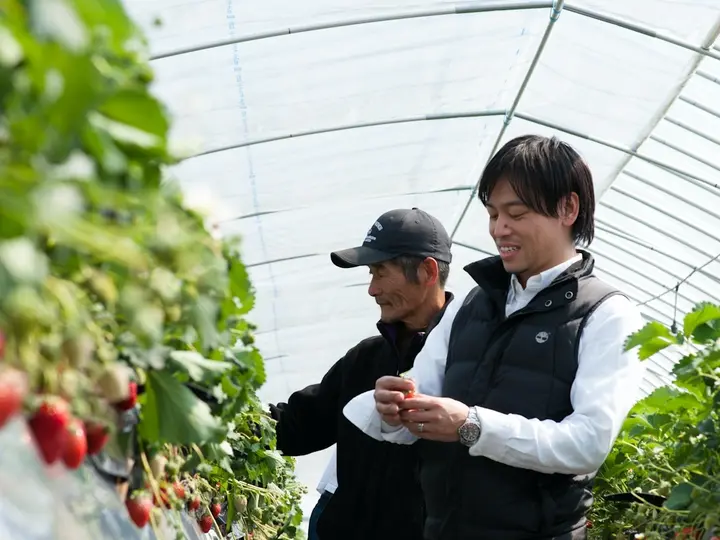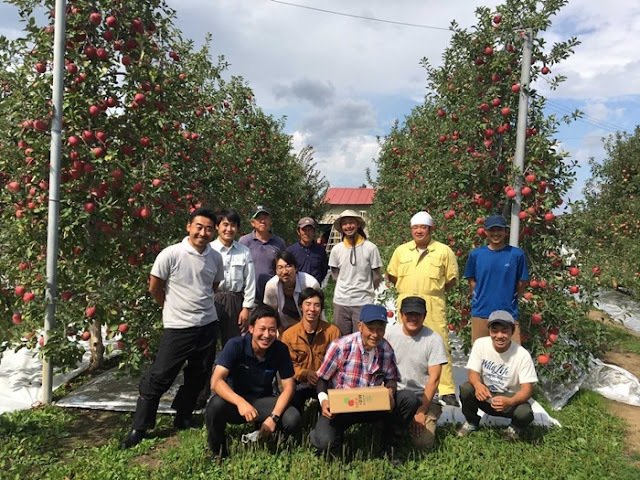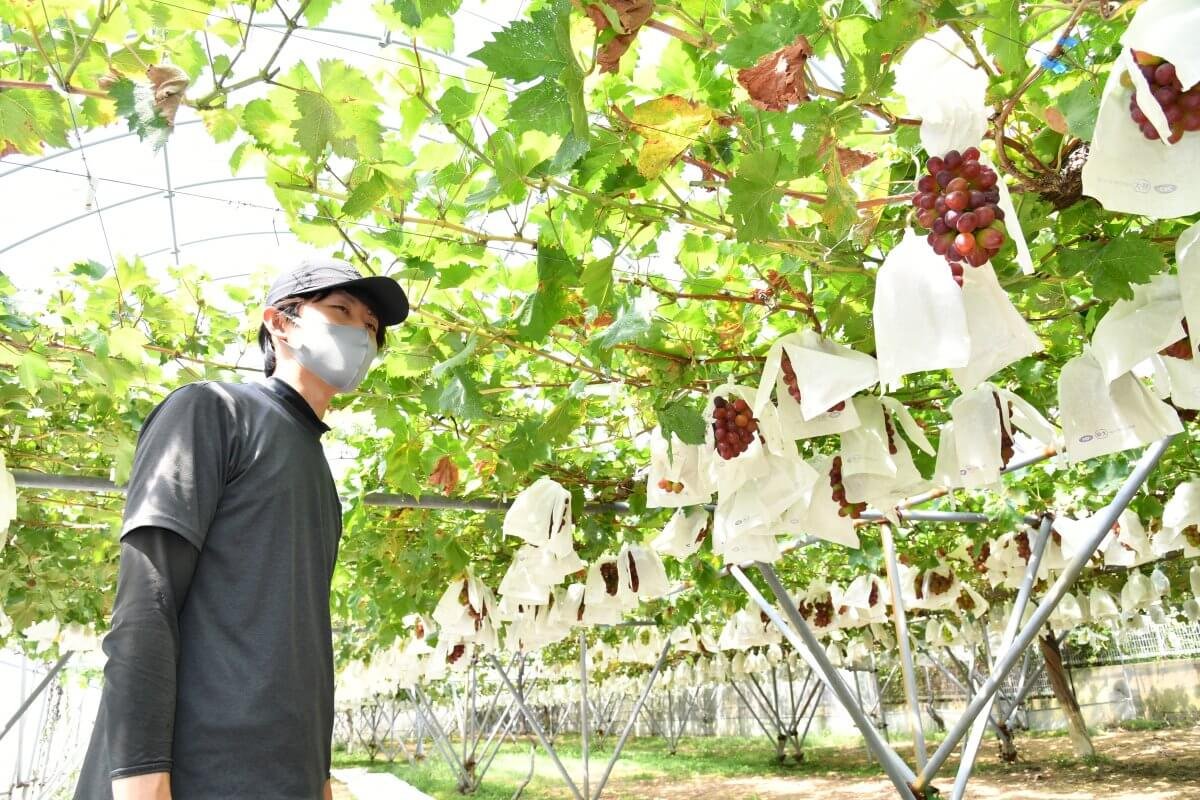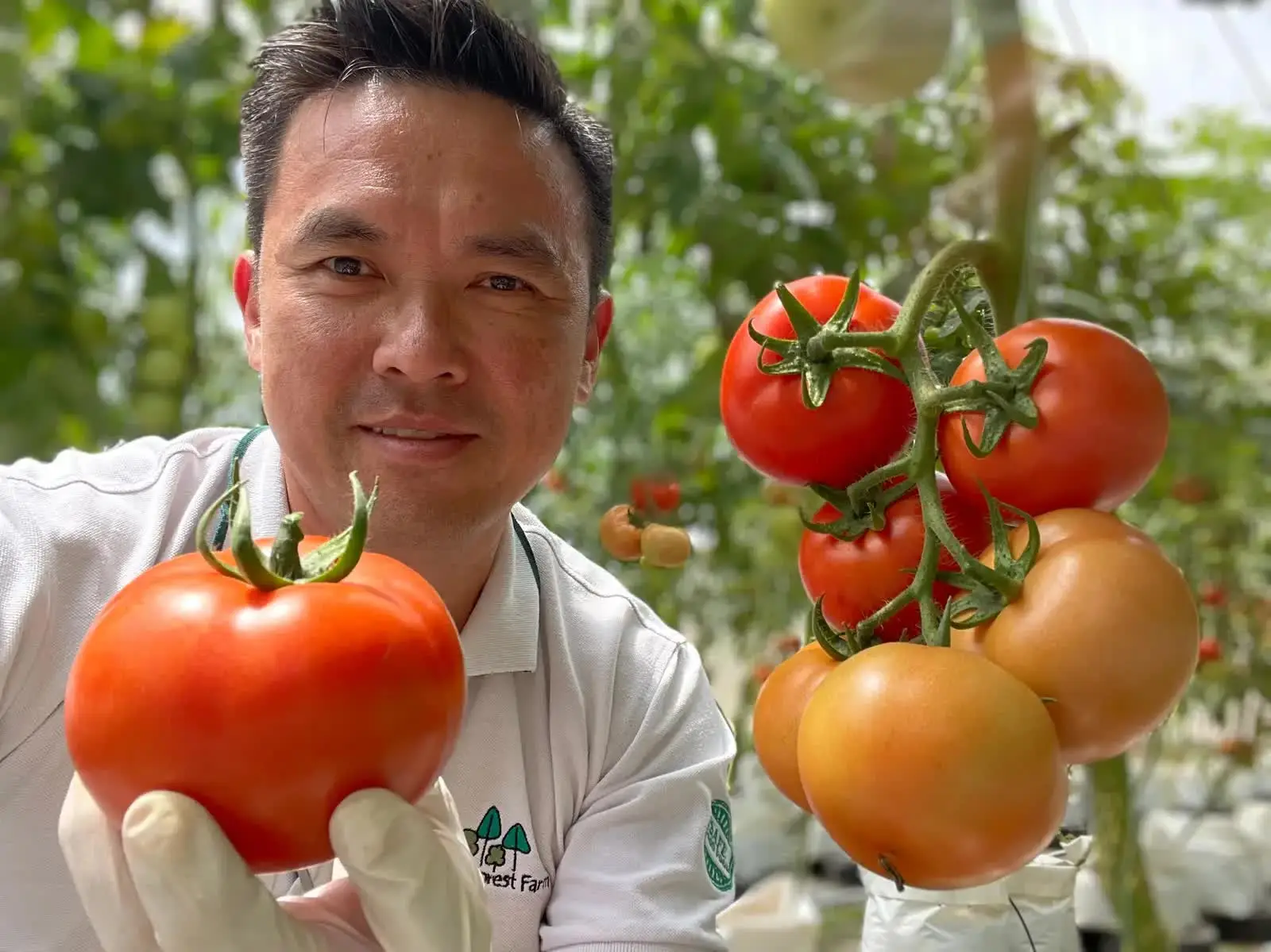Nestled amidst the fertile plains of Perlis, Malaysia, lies a fruit coveted for its unparalleled sweetness, fragrance, and delicate texture – the Harumanis mango. Often hailed as the “King of Mangoes”, Harumanis boasts a unique story intertwined with meticulous cultivation practices, geographical blessings, and a taste that transcends the ordinary.
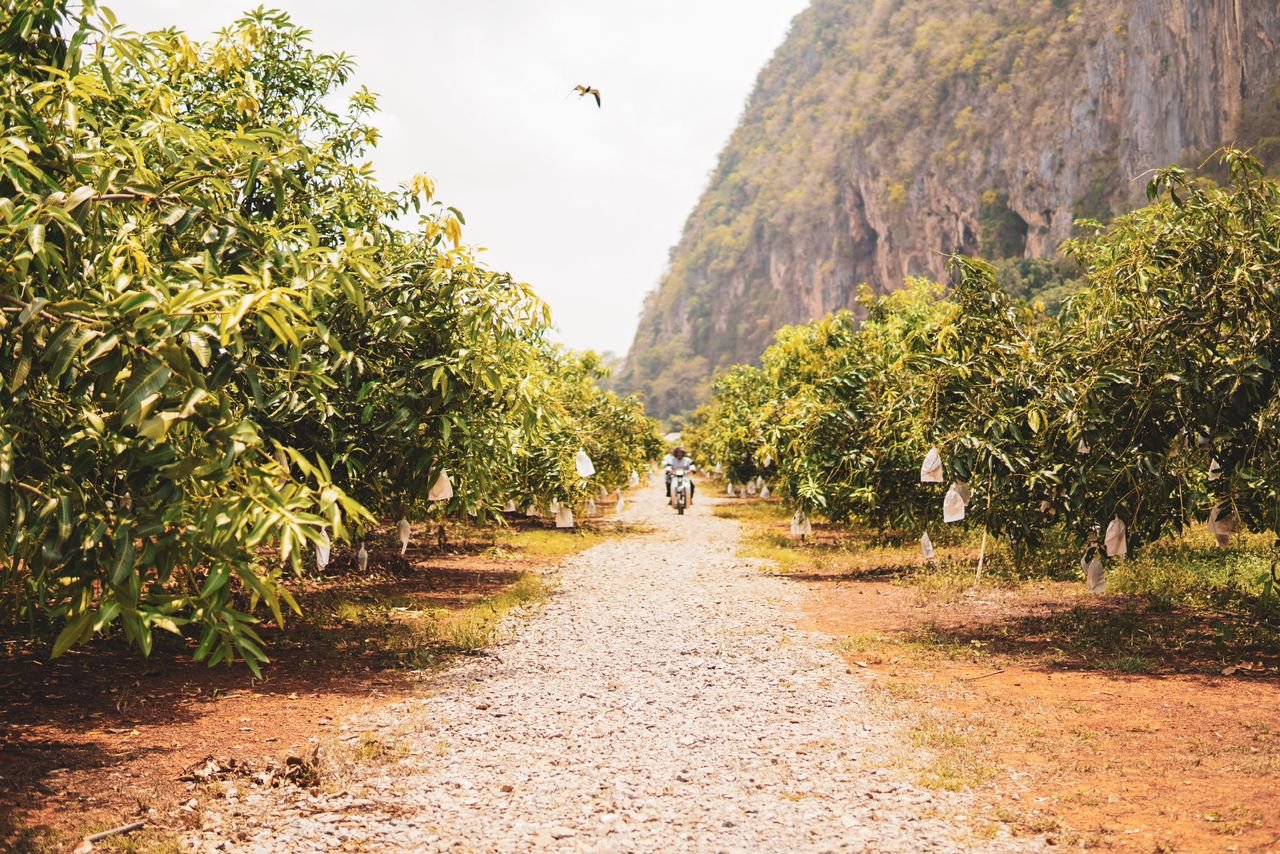
The Origins of Harumanis
Harumango Sdn. Bhd., established in 2017, has carved a niche for itself by cultivating the prized Harumanis mangoes. Nestled at the foot of Bukit Chuping in Perlis, their farm boasts the perfect condition for growing these delectable fruits. The secret lies in the unique combination of Perlis’ fertile soil that is rich in lime, and the ideal weather patterns. This creates the perfect canvas for cultivating the “Mangifera indica Linn” variety, known as Harumanis since 2011.
Every year during the harvest season, around April to early June, Harumango opens its doors to visitors, offering tours and tastings of their diverse mango varieties. Their 23-acre farm houses 1,300 trees, and they take pride in supporting the local community by employing residents from the surrounding areas.
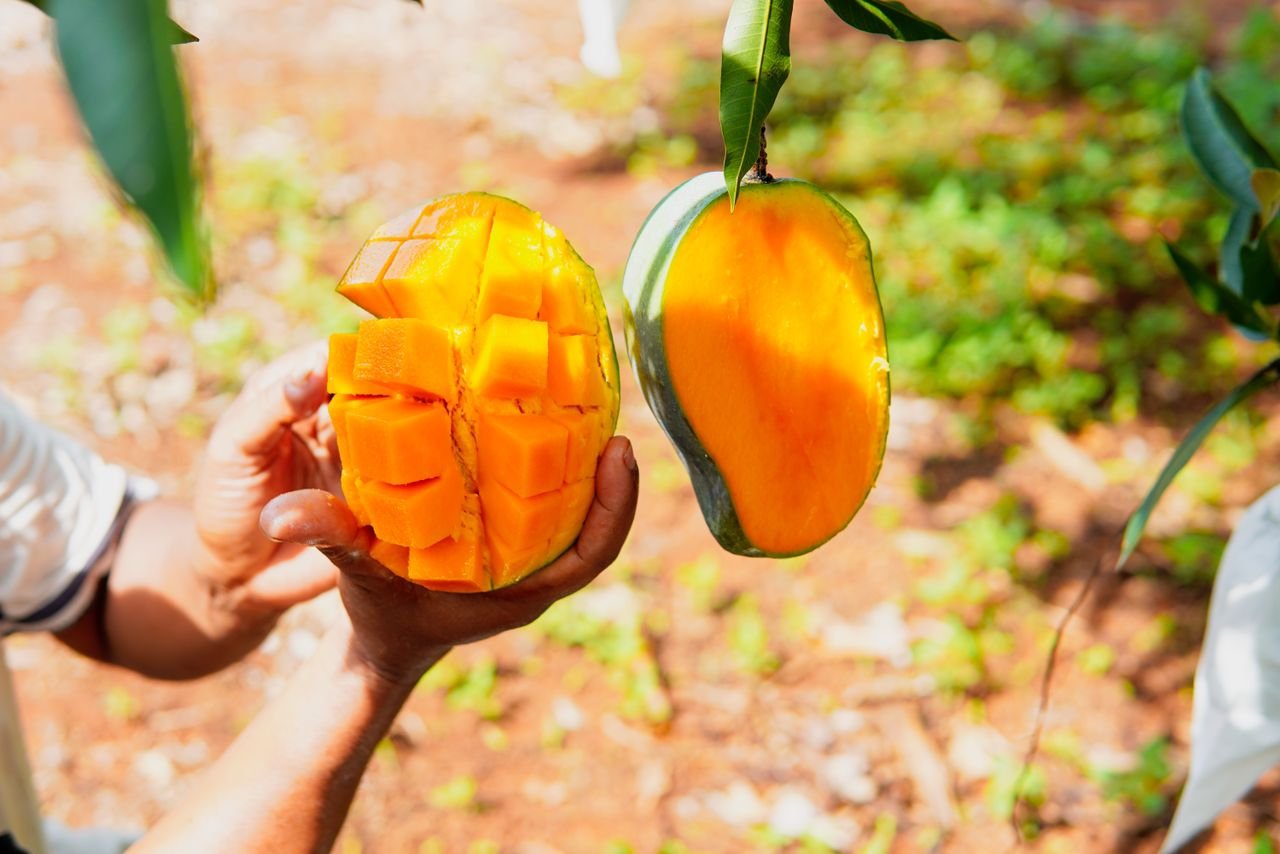
Unmatched Sweetness and Fragrance
Harumanis mangoes stand out for their intense sweetness, exceeding that of other varieties. But the characteristic that defines the Harumanis might just be their polarizing fragrance. Quoted as an aroma that people either love or hate, the fragrance is unusually aromatic enough with notes of honey, vanilla and caramel, rounding up to an alluring sweet and fruity scent.
Slightly larger than palm-size and weighing up to 600 grams per piece, this elongated and elliptical shaped fruit has a thick and tough vibrant green-colored skin that protects the soft orange-colored with a burgundy blush flesh within. The fruit itself tastes sweet with an ever-so-slightly bitter aftertaste. Having said that, only true harumanis experts can judge the fruit’s quality by taste alone, and it is recommended that Harumanis mangoes be sought after directly from the farms to ensure authenticity.
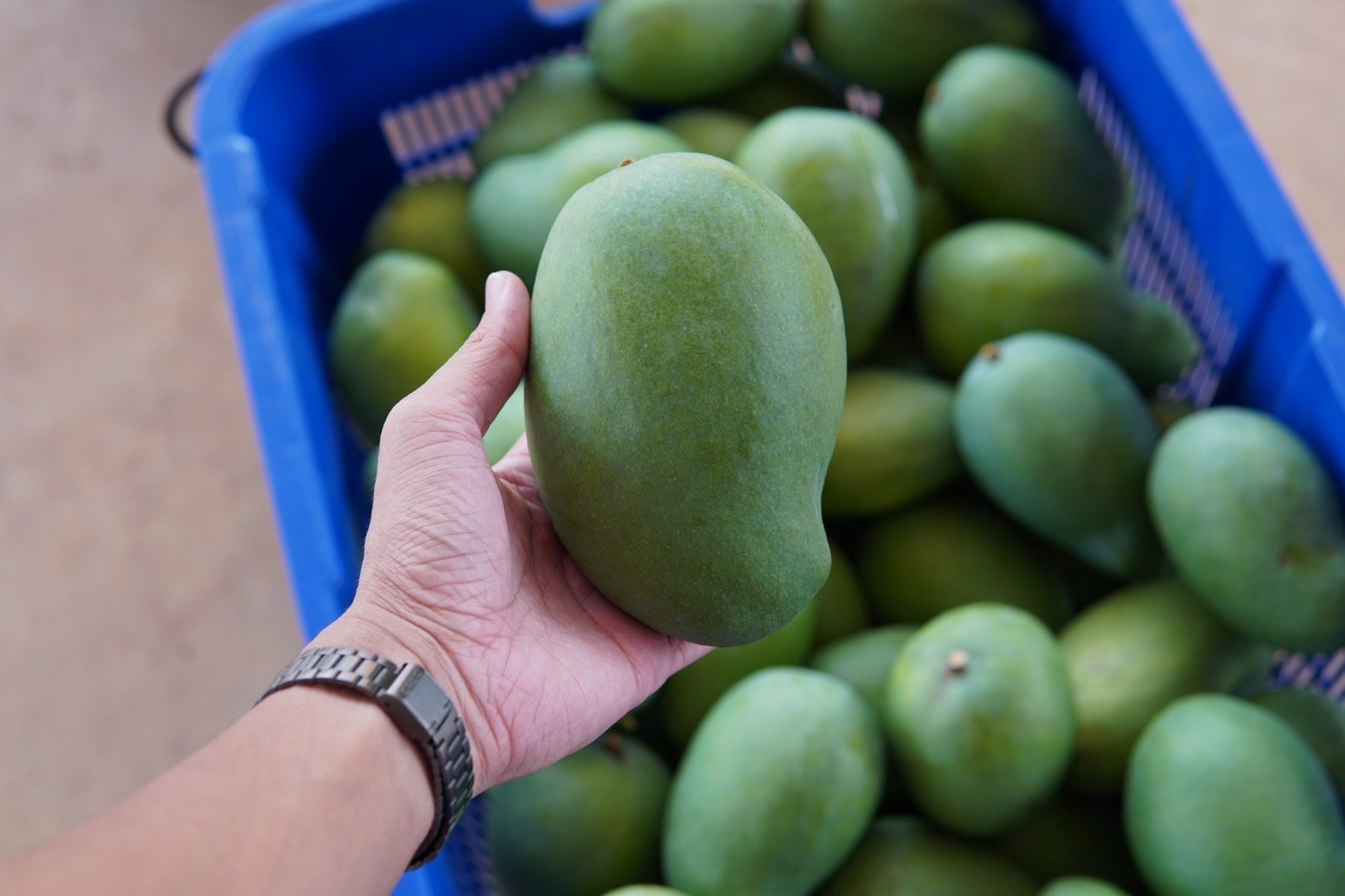
Limited and Seasonal Harvests
Unlike any other mangoes with year-round harvests, Harumanis mangoes boast a single, precious season that lasts just 2 to 3 months annually. In season from around April to June, sometimes late and sometimes early, this limited window frame is a testament to the mango’s sensitivity to weather. Excessive rain, for instance, can significantly reduce yield and impact the sweetness of the fruits and conversely, dry seasons will favor both a bountiful harvest and the development of the fruit’s signature sugary notes.
Though the harvest season may be short, the labor that goes into growing the Harumanis mangoes never stops! The following season is immediately prepared by pruning the trees to maintain them at a height of 10 feet for easy harvesting. Not forgetting the organic fertilizer, minerals and vitamins that must be provided to keep the trees healthy.
As highly desired these mangoes are by us humans, animals too have a good eye for them. And so, each Harumanis mango has to be wrapped by hand in a paper bag during harvesting season. But this process is time-critical; the fruits risk being stunted in growth, when wrapped too early, and when wrapped too late, mischievous monkeys might end up harvesting the mangoes instead. This vulnerability to theft necessitates guarding the farm during harvest.
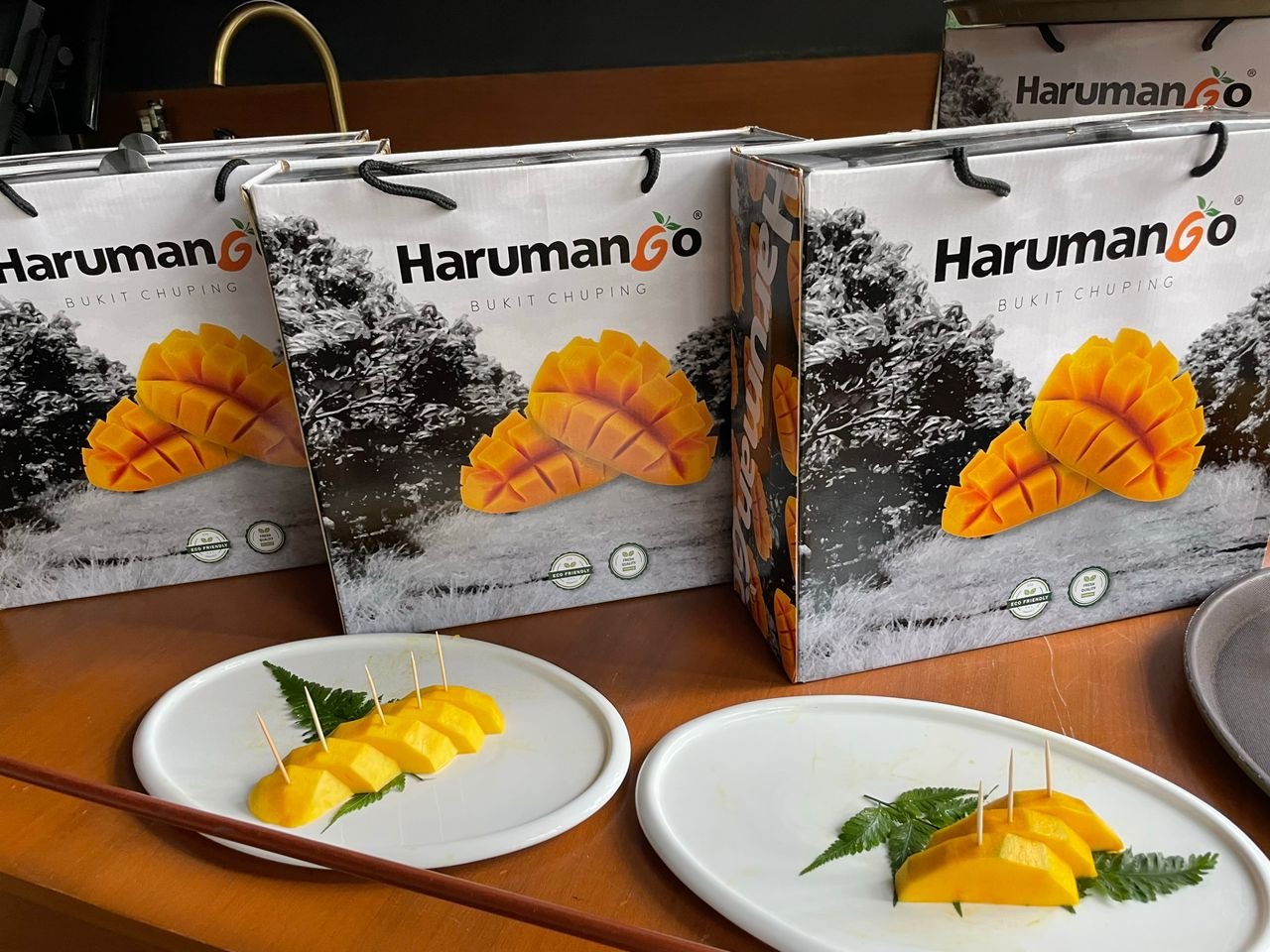
Nurturing these trees that bear the Harumanis mangoes is an incredibly labor-intensive process, not to mention that Perlis is situated in the North and is one of Malaysia’s hottest states. All these amounts to making sure there’s a good balance of hard work, teamwork, and a deep passion that Harumango has and advocates for, to ensure a good annual harvest for fellow Malaysians to enjoy sweet, sweet Harumanis mangoes.
There are two grades of Harumanis mangoes that Harumango divides their harvests into. Grade A Harumanis mangoes, also categorized as Premium Grade Harumanis mangoes, are sold as whole fruits to customers. Grade B mangoes are more suited for culinary use such as cakes and pastries, beverages and can even be turned into mango jam. Harumango will always welcome new creative creations and seasonal collaborations with chefs and patissiers in Kuala Lumpur.
If you would love to get your hands on Harumanis mangoes and begin your fruity creative journey, and how Secai Marche can get these straight from the Harumango farm to your restaurant’s tables, head to our SECAI MARCHE Farm-Direct platform Buyer’s Page to browse our matcha selection. If you do not have a registered account with us, please drop us an email or a message, and one of our designated sales representatives will contact you promptly.
